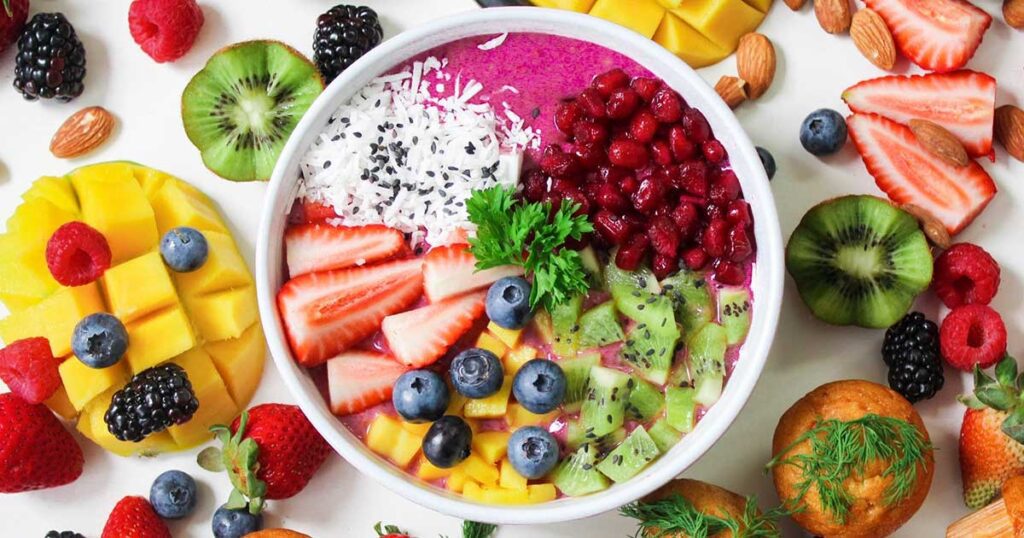Memory is a vital cognitive function that allows us to store, retain, and recall information. It plays a significant role in our daily lives, impacting our ability to learn, reason, and make decisions. While genetics, age, and other factors influence memory, research suggests that diet also plays a crucial role. Certain foods can negatively affect memory and cognitive function. In this article, we will explore what the five worst foods for memory and understand why it is essential to make healthier dietary choices.
Introduction
Memory, defined as the brain’s ability to encode, store, and retrieve information, is critical for optimal cognitive function. It enables us to remember past experiences, acquire new knowledge, and navigate through our daily lives effectively. Our diet has a direct impact on brain health, and poor food choices can hinder memory and cognitive abilities.
Worst Foods for Memory
Processed and Fast Foods
Processed foods and fast foods often contain high levels of unhealthy fats, refined carbohydrates, and added sugars. These foods provide little nutritional value and are often linked to inflammation, oxidative stress, and impaired cognitive function. Regular consumption of processed and fast foods can contribute to memory decline over time.
Sugary Beverages and Snacks
Sugary beverages, such as soda and energy drinks, as well as snacks like candy and pastries, can lead to a rapid rise in blood sugar levels. This spike is followed by a crash, which can negatively affect memory and attention. High sugar intake has been associated with an increased risk of cognitive impairment and neurodegenerative diseases.
Trans Fats and Fried Foods
Trans fats, commonly found in fried and processed foods, are known to be detrimental to overall health. These unhealthy fats can increase inflammation and oxidative stress, negatively impacting memory and cognitive function. Regular consumption of trans fats and fried foods has been linked to an increased risk of cognitive decline and Alzheimer’s disease.
High-Sodium Foods
Excessive intake of sodium, primarily from processed and packaged foods, can lead to high blood pressure and negatively affect cognitive function. Studies have shown that a high-sodium diet can impair memory and increase the risk of cognitive decline, especially in older adults. It is important to limit the consumption of foods with high sodium content.
Artificial Sweeteners
While artificial sweeteners are marketed as low-calorie alternatives to sugar, research suggests that they may have negative effects on memory and cognitive function. Some studies have shown that artificial sweeteners can disrupt the balance of gut bacteria, which plays a role in brain health. Long-term consumption of artificial sweeteners should be approached with caution.
Foods That Improve Memory
While it’s crucial to avoid the worst foods for memory, incorporating foods that support brain health can have a positive impact on cognitive function. Here are some foods that are beneficial for memory:
Leafy Greens and Vegetables: Spinach, kale, broccoli, and other leafy greens are rich in antioxidants and nutrients that promote brain health. They contain folate, vitamin K, and lutein, which have been associated with better cognitive function.
Berries and Fruits: Blueberries, strawberries, and other colorful fruits are packed with antioxidants that protect the brain from oxidative stress. These fruits are also rich in vitamins and fiber, contributing to overall brain health.
Fatty Fish: Fish such as salmon, mackerel, and sardines are excellent sources of omega-3 fatty acids. These healthy fats are essential for brain function and have been linked to improved memory and cognitive performance.
Nuts and Seeds: Walnuts, almonds, flaxseeds, and chia seeds are rich in nutrients like vitamin E, omega-3 fatty acids, and antioxidants. These compounds are beneficial for brain health and may enhance memory and cognitive abilities.
Whole Grains: Whole grains, such as brown rice, quinoa, and oats, provide a steady release of glucose, which is the brain’s primary energy source. Including whole grains in your diet can help maintain stable blood sugar levels and support cognitive function.
The Importance of a Healthy Diet
A healthy, balanced diet not only supports overall well-being but also plays a crucial role in maintaining optimal brain health. Consuming nutrient-dense foods provides the necessary vitamins, minerals, and antioxidants that support memory and cognitive function.
Nutrients such as omega-3 fatty acids, vitamins B6, B12, and E, folate, and antioxidants like vitamin C and polyphenols are particularly important for brain health. They help protect against oxidative stress, reduce inflammation, promote healthy blood flow, and support the formation of new brain cells.
A balanced diet that includes a variety of whole foods, such as fruits, vegetables, lean proteins, whole grains, and healthy fats, can provide the necessary nutrients for optimal brain function.
Conclusion
In conclusion, the foods we consume have a significant impact on our memory and cognitive abilities. Avoiding processed and fast foods, sugary beverages and snacks, trans fats and fried foods, high-sodium foods, and artificial sweeteners can help preserve memory and maintain brain health. Instead, incorporating foods like leafy greens, berries, fatty fish, nuts, and whole grains can support memory and cognitive function.
Taking care of our diet is essential for overall well-being, and the brain is no exception. By making mindful choices and adopting a healthy, balanced diet, we can nourish our bodies and optimize our cognitive abilities.
FAQs
Can certain foods boost memory?
While certain foods can support memory and cognitive function, it’s important to maintain a balanced diet and consider overall lifestyle factors for optimal brain health.
How quickly can dietary changes impact memory?
The impact of dietary changes on memory can vary among individuals. It’s a gradual process, and consistent healthy eating habits over time can yield positive effects.
Are there any natural supplements for memory?
Some natural supplements, such as omega-3 fatty acids, ginkgo biloba, and turmeric, have been studied for their potential memory-enhancing effects. However, it’s important to consult with a healthcare professional before starting any new supplements.
Can exercise improve memory?
Regular physical exercise has been shown to have numerous benefits for brain health, including improved memory and cognitive function.
Is occasional indulgence in unhealthy foods acceptable?
While occasional indulgence in unhealthy foods is generally acceptable, it’s important to maintain a predominantly healthy and balanced diet for long-term brain health.





